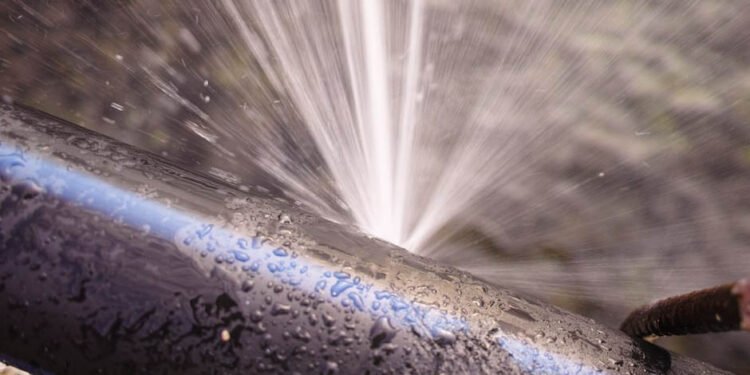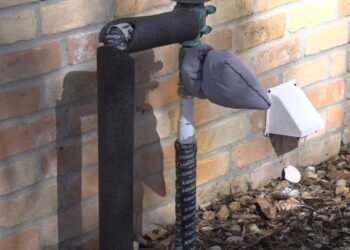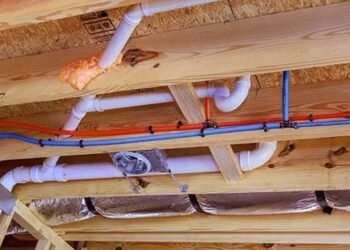A well-functioning plumbing system is essential for any household or business. Among the various components that make up this system, the main water line plays a crucial role in supplying clean water to your property. However, like any other part of your plumbing, it is susceptible to leaks over time. Detecting and addressing a water main leak is imperative to prevent water wastage and potential damage to your property.
Understanding the Importance of Your Main Water Line
Before we delve into detecting and dealing with leaks, understand why the main water line is so vital. It is the artery of your plumbing system, responsible for delivering fresh water to every faucet, shower, and appliance in your home or establishment. A main water line leak can result in a range of problems, warns Dennis Property Management. These problems include diminished water pressure, higher water expenses, and potential harm to the foundation of your property.
Signs of a Potential Leak
Detecting a leak in your main water line early can save you a substantial amount of money and hassle. Here are some common signs to watch out for:
- Sudden Increase in Water Bills: One of the first indicators of a potential main water line leak is a significant spike in your water bills. If your usage patterns have remained relatively constant, but your bills are on the rise, it’s time to investigate.
- Low Water Pressure: Reduced water pressure in your faucets or showers can be a sign of a leak. A leak in the main water line can restrict the flow of water to various parts of your property.
- Wet or Damp Spots: Keep an eye out for damp spots in your yard, especially when there hasn’t been any recent rain. These spots could indicate a hidden leak beneath the surface.
- Unusual Sounds: If you notice the sound of flowing water when there is no active water usage, it might indicate a leak in the main water line. Pay attention to any unusual noises emanating from your plumbing system.
Detecting the Leak
Once you’ve noticed the warning signs, it’s time to pinpoint the location of the leak. Here’s how to go about it:
- Shut Off the Water: The first step is to turn off the water supply to your property. This will help you determine if the leak is indeed in your main water line and not within your plumbing fixtures or appliances.
- Check the Water Meter: Your water meter can be a valuable tool for leak detection. If the meter continues to record water consumption while the supply is turned off, it’s a strong indication of a main water line leak.
- Visual Inspection: Examine your property for any wet or soggy areas. Pay close attention to the area where the main water line enters your property. Any visible signs of water pooling or seepage should be investigated further.
Dealing with the Leak
Once you’ve identified the presence of a main water line leak, it’s crucial to address it promptly. Here are the steps to take:
- Contact a Professional: Leaks in the main water line can be complex to repair and may require specialized equipment. It’s advisable to contact a licensed plumber with experience in handling such issues.
- Repair or Replace: Depending on the severity and location of the leak, your plumber will recommend either repairing or replacing the damaged section of the main water line. In some cases, a trenchless repair method may be possible, minimizing disruption to your property.
- Regular Maintenance: To prevent future leaks, consider scheduling regular maintenance for your main water line. An expert can conduct a thorough inspection of the line, identifying potential problems and taking preventive measures to address them before they escalate into significant issues.
Conclusion
Detecting and addressing a water main leak is essential for the upkeep of a properly functioning plumbing system. Being vigilant about the warning signs, promptly investigating any anomalies, and seeking professional help when needed, conserving your funds and safeguarding your property against water damage are potential benefits. Keep in mind that regular upkeep is essential for averting future leaks and ensuring the durability of your main water line.












